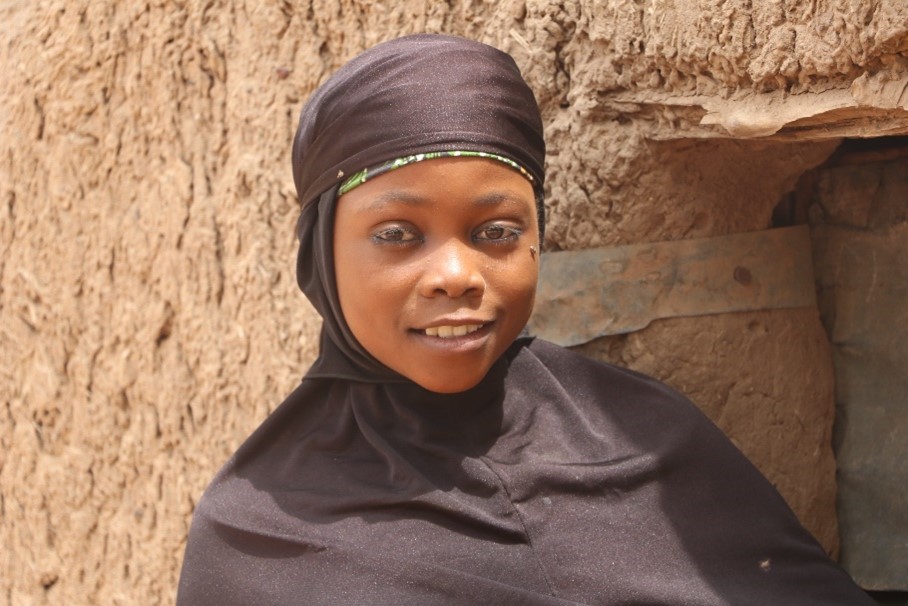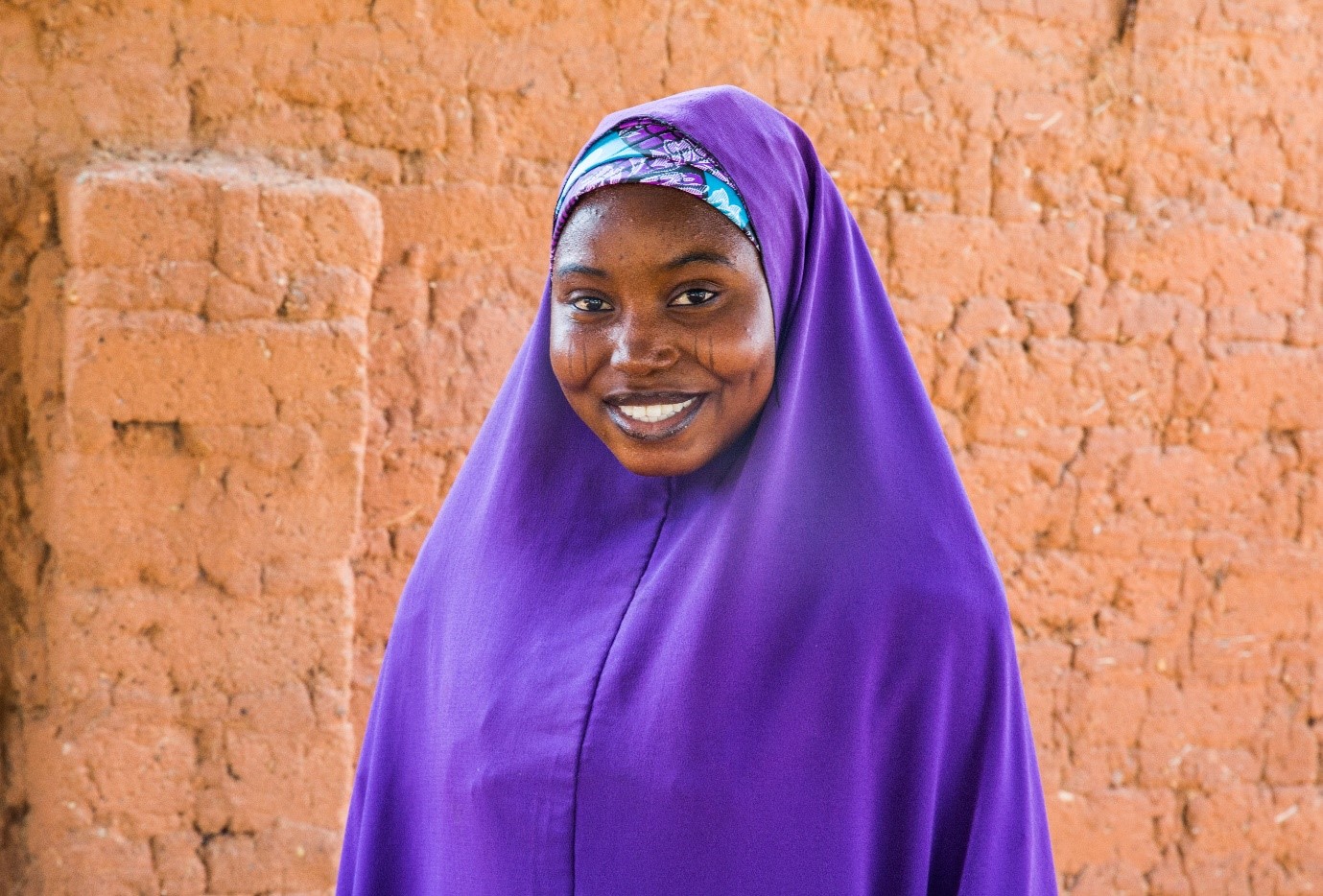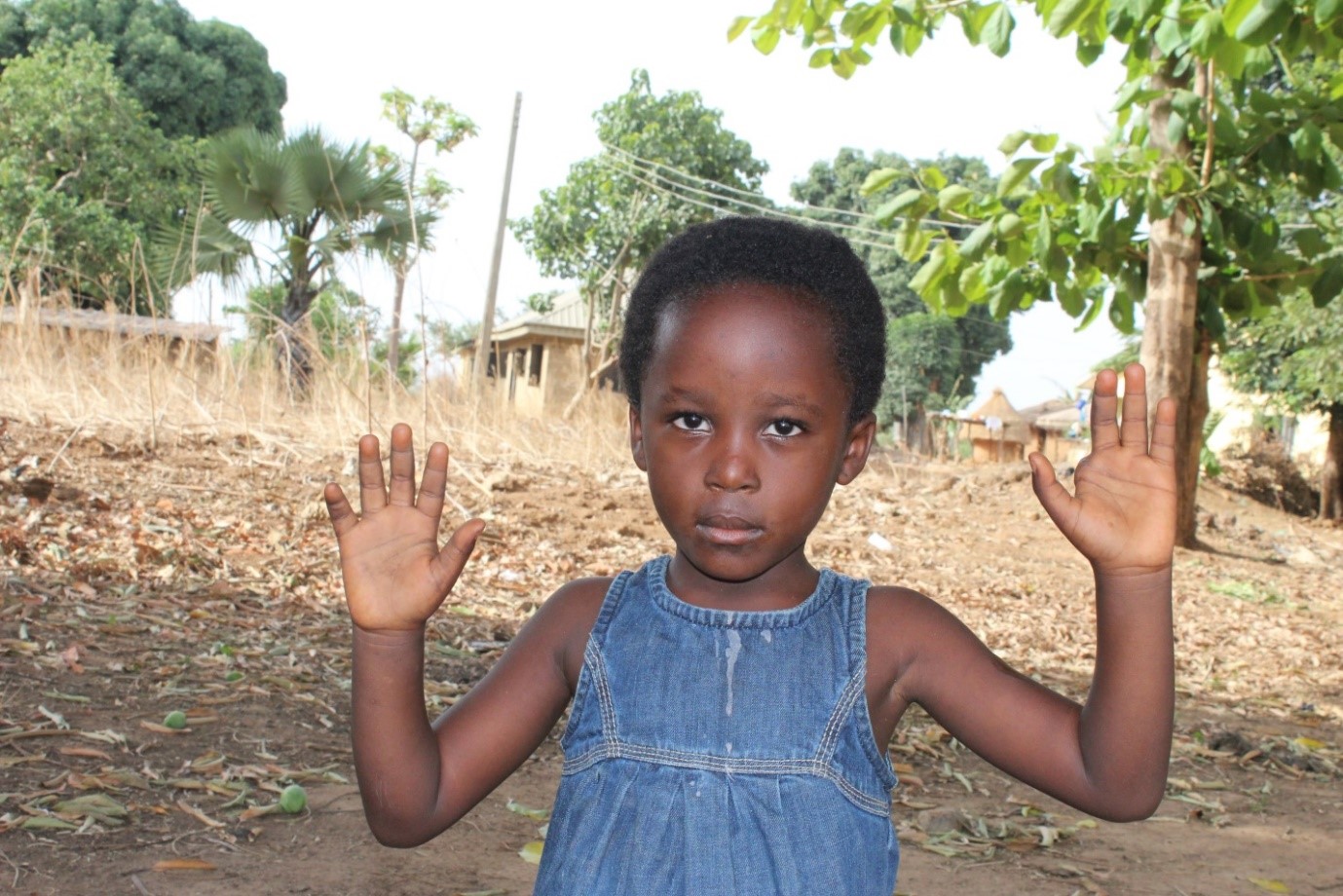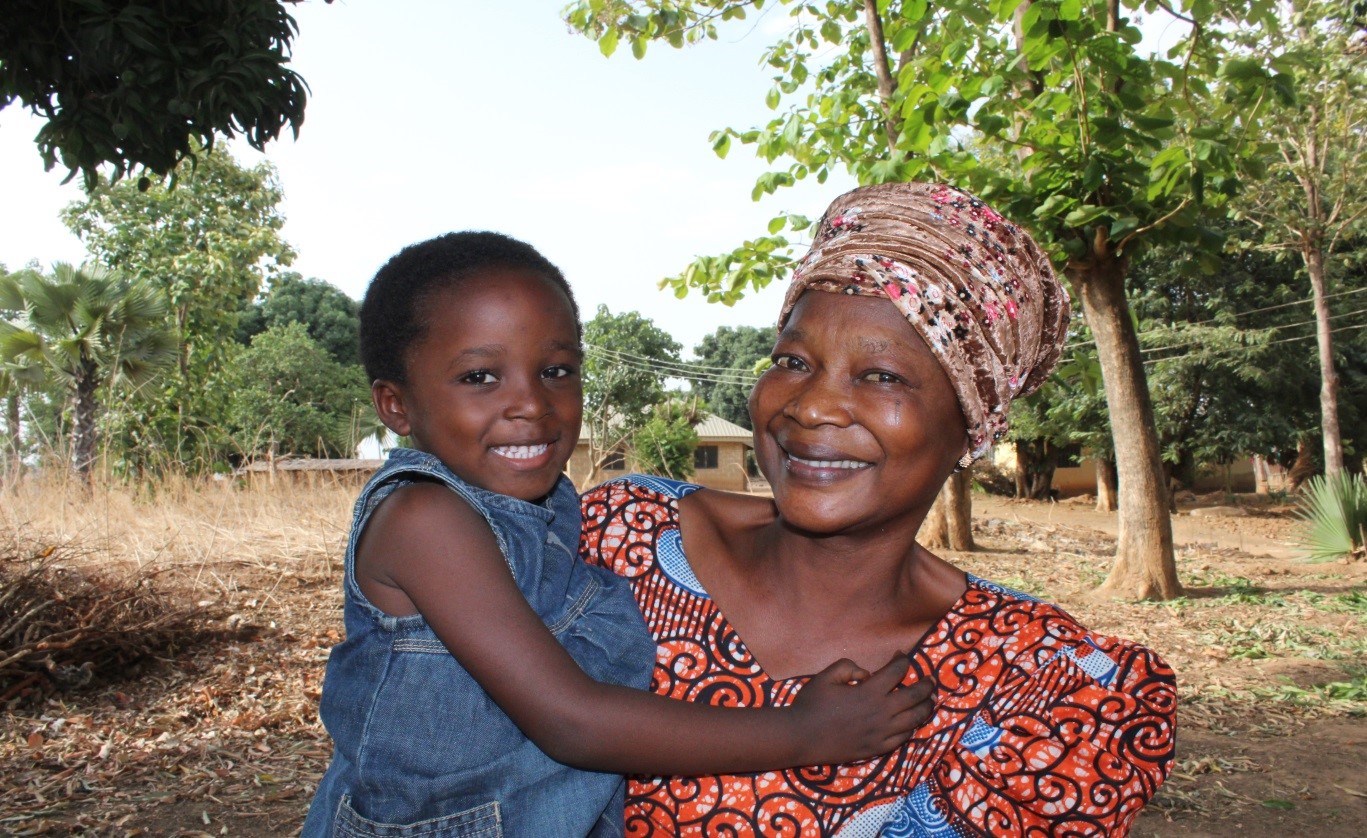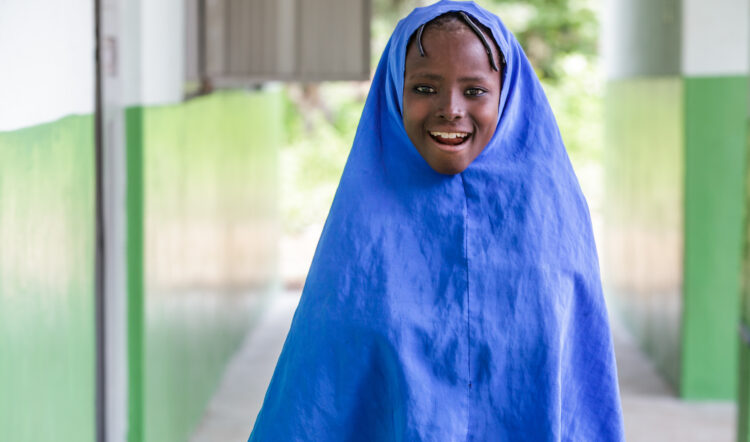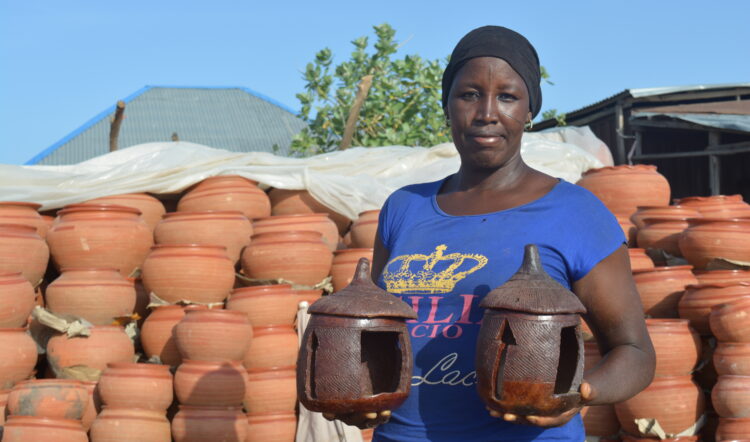Dinkiri Girls are back in School
Sabongari Dinkiri is a small but fast growing community in Kebbi State; the houses are muddy and far-flung from the other. It is predominantly a farming community of an estimated 900 inhabitants.
It is Tuesday, 10:15am; a school day and time, but children are seen cladding unto plastic plates, briskly walking in groups. “It is worse than this before” said Umar Muhammed when asked why some children were not seen in school.
“Before 2009, you will not find too many girls attending school because we don’t see the need for it. The boys can be enrolled into school while the girls follow their parents to the farm, they fetch firewood, take food to their parents in the farm and do house chores” Umar explained, noting that: “Dinkiri community has been in existence for more than 100 years; no girl has ever proceeded to Secondary School” he said.
Habiba Umar, Muhammed’s daughter grew up thinking that schooling was not a necessity; she loves to go to the farms in company of other girls of her age. At the farms they pick up residue of harvested crops and go home to help their mothers with house chore. This was a daily routine.
“In 2019, ActionAid and ASURPI came to our community with plenty school materials, they brought school sanders, books, bags and other writing material, they even gave our women 5,000 Naira each so that they can trade and to support our girls in school. This greatly motivated us to begin to take our girls to school. Before ActionAid coming into our community, girls don’t go to school in our community” Muhammed asserts.
Motivated by the gifts of school materials, Habiba and other 8 girls began to attend school more regularly. The new school clothes and sanders was a big motivator. “I was very happy when I received the gifts from ActionAid; it makes me look forward to attending school every day” Habiba said.
Habiba is excited that she will be advancing from Junior Secondary School to Senior Secondary School. “We don’t have so many girls completing Junior Secondary School, even the boys don’t continue after Primary School because we have only one Primary School and the Secondary School is in another community, so I am happy that my daughter and some other girls from the community will be going to Senior Secondary. I will do everything I can to support her” Umar assured.

